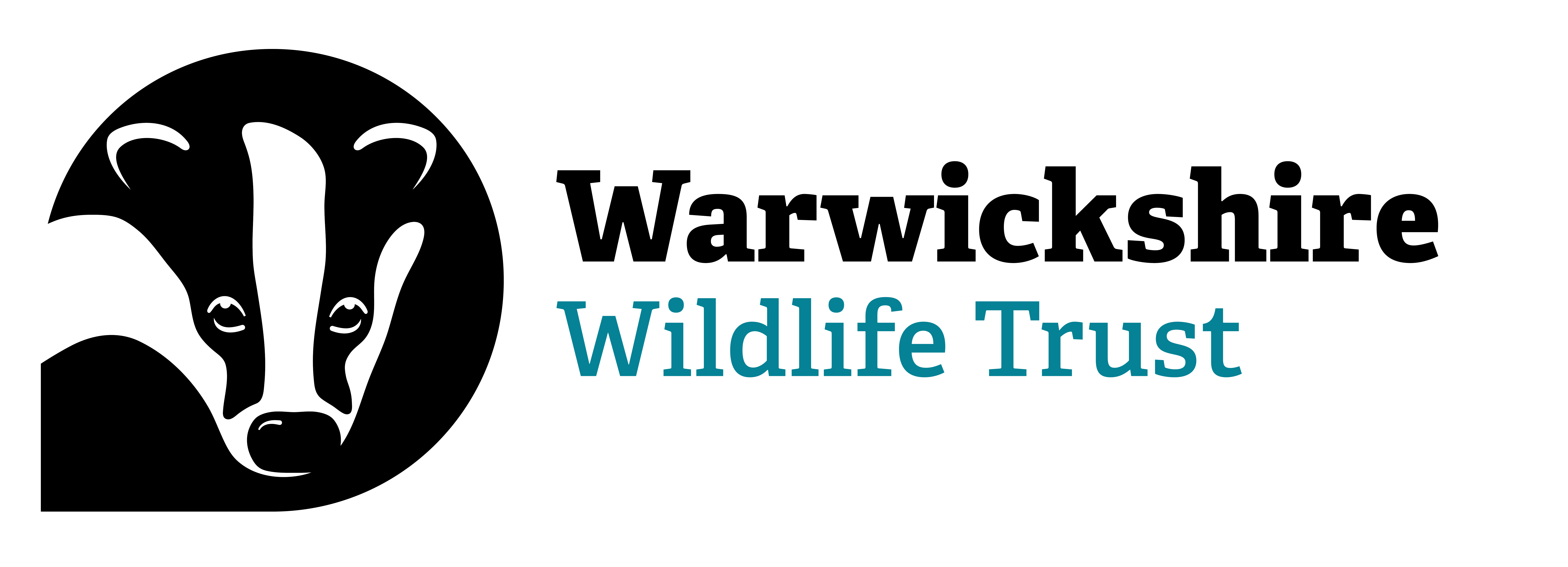Wetlands are truly amazing places. Where land meets water, there’s more wildlife than almost anywhere else on the planet.
However, they’re not just good for wildlife; wetlands are essential to humans too. Around 3 billion people obtain their drinking water directly from freshwater wetlands. They can also help purify water, provide food and control flooding.
Sadly, over 50% of the world’s wetlands have been lost since 1900; drained for agriculture, developed for housing and industry, or destroyed by pollution.
What is a ‘wetland’?
Wetlands are areas of land that are often soaked with water for at least part of the year. There are many different types of wetland, including rivers, lakes, ponds, marshes, swamps and bogs, but also some woodlands and grasslands. There are over 1,000 hectares of wetland in the Tame Valley.
